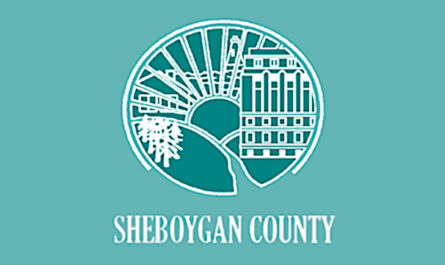In the heart of Canada, Ontario boasts a diverse population and thriving cities, making it a unique province with its own set of rules and regulations when it comes to probate in Ontario. Probate, the legal process of validating a deceased person’s will and managing the distribution of their assets, is essential for ensuring the orderly transition of estates. This article helps you know the intricacies of probate in Ontario, a geo-focused exploration that will not only delve into the provincial regulations but also shed light on the importance of estate administration bonds in this context.
Probate Process in Ontario: Unveiling the Journey

Applying for Probate
In Ontario, the probate process begins by initiating an application for a Certificate of Appointment, commonly referred to as the probate application. To embark on this process, the named executor in the will must apply to the Ontario Superior Court of Justice. This application, accompanied by the will itself, an inventory of the deceased’s assets, and a list of beneficiaries, sets the legal gears in motion.
Valuing the Estate
Probate is a legal process that takes place after someone passes away. One of the essential steps of this process is to evaluate the worth of the deceased’s estate. This assessment involves determining the total value of all assets that the individual owned at the time of their death.
In the province of Ontario, the probate fees are calculated based on the total worth of the estate. Therefore, it’s vital to understand which assets are subject to probate fees. These assets typically include real estate, investments, personal property, and any other valuable possessions.
Real estate can include any properties that the deceased owned, such as their home or any other land. Investments may constitute stocks, bonds, mutual funds, and other types of financial instruments. Personal property typically includes things like vehicles, jewelry, furniture, and other household items.
It’s worth noting that some assets may not be subject to probate fees. For instance, assets that are jointly held with a right of survivorship or that have designated beneficiaries may not be included in the estate’s worth. Understanding which assets are subject to probate fees is crucial, as these fees can be significant and may impact the beneficiaries’ inheritance.
In summary, evaluating the worth of the estate is a crucial step in the probate process. It’s essential to have a clear understanding of the assets subject to probate fees to ensure that the beneficiaries receive their fair share of the inheritance.
Probate Fees in Ontario: Counting the Costs
Probate fees are levied by the Ontario government. Their calculation hinges on a sliding scale contingent upon the estate’s overall value. The potential financial impact underscores the importance of comprehensive estate planning as a strategic tool to minimize these costs.
Estate Administration Bonds in Ontario: Safeguarding the Process

What Are Estate Administration Bonds?
Estate administration bonds, sometimes called probate bonds or fiduciary bonds, serve as a form of insurance that offers protection to the estate’s beneficiaries and creditors. They provide a guarantee that the appointed executor will diligently fulfill their duties under the will and compliance with Ontario’s stringent legal requirements.
Importance of Estate Administration Bonds
Collaborating with a specialized surety bond broker that specializes in estate administration bonds is a prudent choice for several reasons:
Expertise: Specialized brokers understand Ontario’s unique requirements for estate administration bonds, ensuring the coverage you secure is precisely tailored to your needs.
Streamlined Process: With established relationships with underwriters, these experts expedite the bond issuance process, saving you valuable time.
Cost Efficiency: Their expertise often translates into securing bonds at more competitive rates, ultimately lowering the overall expense of estate administration.
Legal Compliance: A specialized surety bond broker ensures that the estate administration bond meets all Ontario’s regulations, mitigating the risk of legal complications.
Challenges and Considerations: Navigating the Complex Terrain
While understanding the probate process in Ontario is essential, there are challenges and considerations to be aware of:
Timelines: Probate can be lengthy, requiring careful planning to ensure beneficiaries have timely access to assets.
Executor Responsibilities: Executors bear significant fiduciary duties and legal responsibilities, necessitating a careful selection process to ensure they can fulfill their obligations.
Estate Size: The estate’s size can impact the probate process’s complexity. Adequate planning is essential for streamlining this.
Digital Assets: In today’s digital age, including digital assets, such as cryptocurrencies and online accounts, is vital in estate planning and probate.
Final Thoughts About Probate in Ontario
Understanding the process of probate in Ontario is pivotal for effective estate planning and administration. The region’s distinctive regulations and the potential financial implications of probate fees underscore the necessity of treading this path with care.
Related Reading
Legal Experts Pave the Way for a Safer Digital Future
Marijuana Law In Michigan 101: What You Need to Know to be Confident and Stay Legal In 2023



